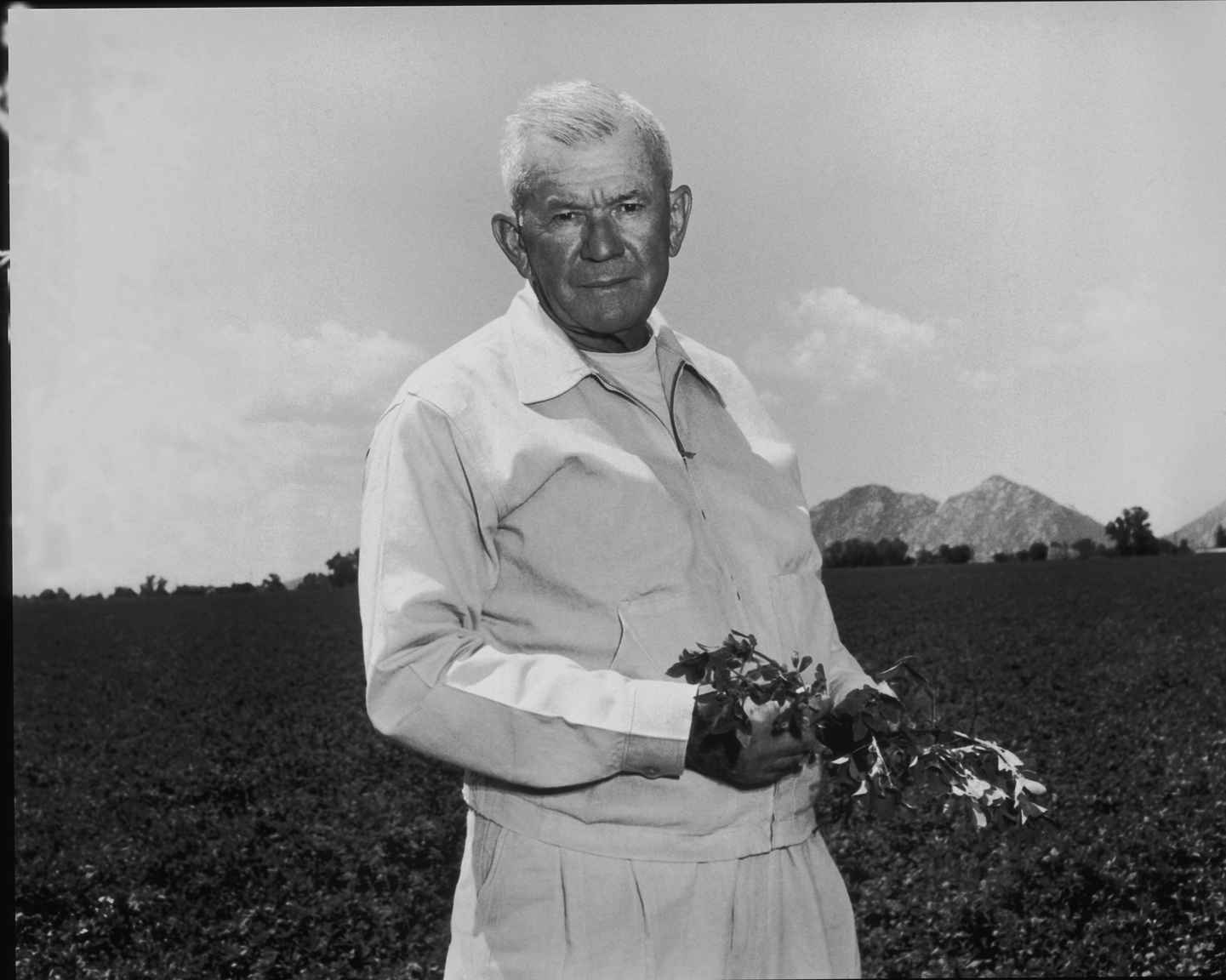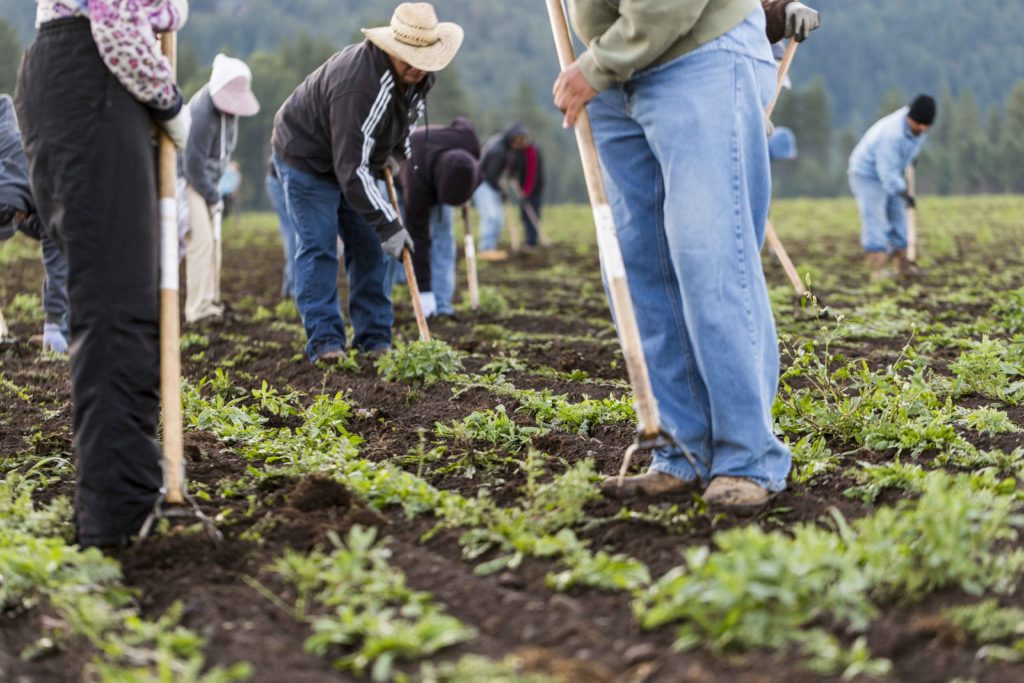
Talk to Susannah Cooper, Ph.D., about innovation in farming and you’ll soon find yourself discussing the ins-and-outs of regenerative agriculture. It’s a newer approach to farming that could make a big difference in how we cultivate the soil and grow crops.
Dr. Cooper works in the Innovation Sciences Department at Nutrilite managing a team of scientists and agronomists who are experimenting with the future of farming.
A long history of sustainable farming
There’s a long history of farming innovation at Nutrilite. It started with my father growing alfalfa in the 1930s before we even knew to call it organic. He was looking for the purest, most nutritious botanicals, and he already knew that they needed to be grown sustainably and naturally, without any synthetic fertilizers or chemicals.

From our beginning, we’ve believed in the power of plants to deliver the best products to our customers and Amway Business Owners. But it was an “a-ha” moment my father had about happy, healthy cows that helped pave the way for our sustainable farming techniques that we practice up to this day, albeit on a much larger scale. It was the seed of an idea that has blossomed into a movement to help improve the nutrition of people all over the world.
Dr. Cooper’s Ph.D. is in plant breeding and genetics. She also has a master’s degree in entomology, so she understands insects and how they might interact with plants. I spoke with her recently about current Nutrilite farming practices.
The right plant in the right place
Dr. Cooper has a saying. “The right plant in the right place.” It’s a simple phrase, yet it captures the complexity of what she and the team do. The idea is to cultivate the best crops based on geography and type of farming. Hydroponic farming may make sense for certain crops, while other crops will grow better in one of the climates where our organic farms are located. In addition, the large variety of plants Nutrilite grows increases the biodiversity in our farming. Biodiversity, and using cover crops strategically to increase the health of the soil, is not only good farming practice, but it is also good for the planet.
According to Dr. Cooper, it all comes back to focusing on the soil as the most important component of our farming philosophy. The undisturbed soil that regenerative agriculture relies upon can increase carbon sequestration and keep healthy microbes working in the dirt to increase the nutrient density of the plants growing on the land. And healthier soils mean better climate resilience and drought tolerance.
High-tech, earth-friendly techniques
Nutrilite is harnessing the best of emerging technology and combining it with simple, effective, and earth-friendly techniques. For example, the biggest challenge for sustainable farming is weed control. Conventional farms often use synthetic chemicals to control weeds. We don’t. That means we rely on simple weeding along with innovate techniques to keep weeds from germinating. We use flaming early in the season to keep weeds from going to seed and we continue to experiment with lasers that zap weeds before they can even appear.

Using advanced technology to keep the soil healthy and the crops filled with healthy nutrients is not only the present, but the future of farming. We’ve been relying on GPS tractors for years, but there’s even more innovative technology we can lean on to supply healthy plants for Nutrilite products.
Keeping the soil rich for future generations is the type of stewardship that’s ingrained in our work.
We wouldn’t want it any other way!
Cheers,
![]()
P.S. Don’t forget to subscribe to our RSS feed and have blog posts delivered right to your inbox.
